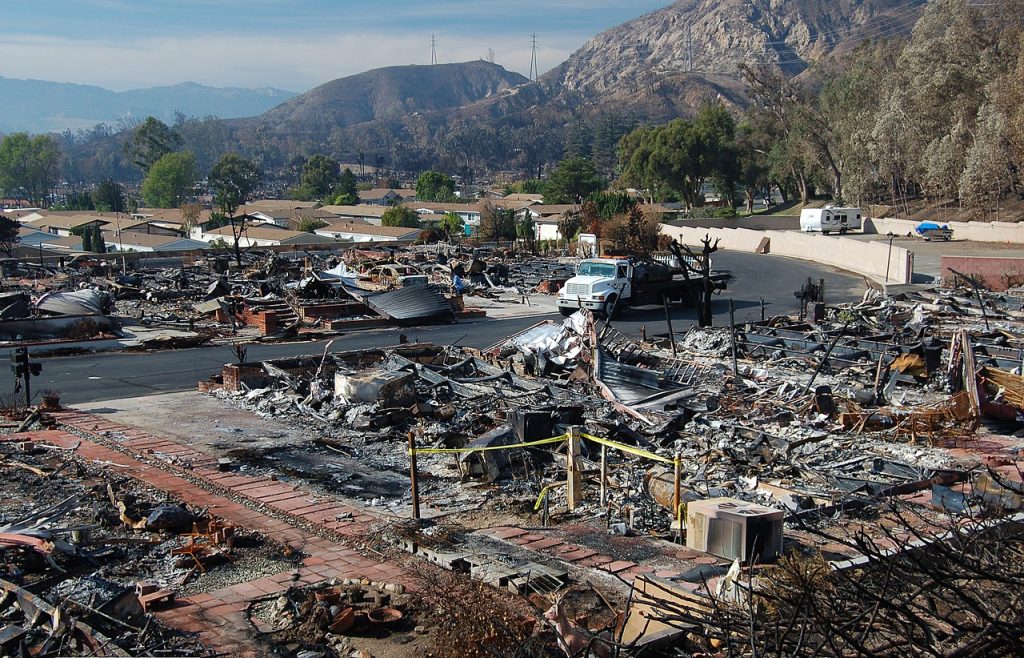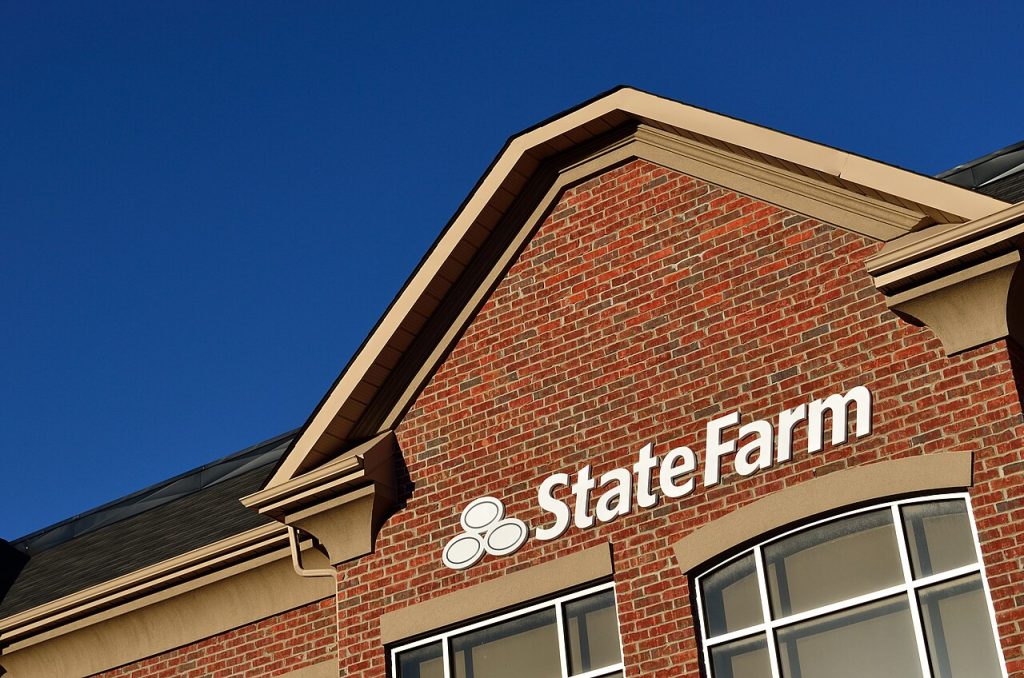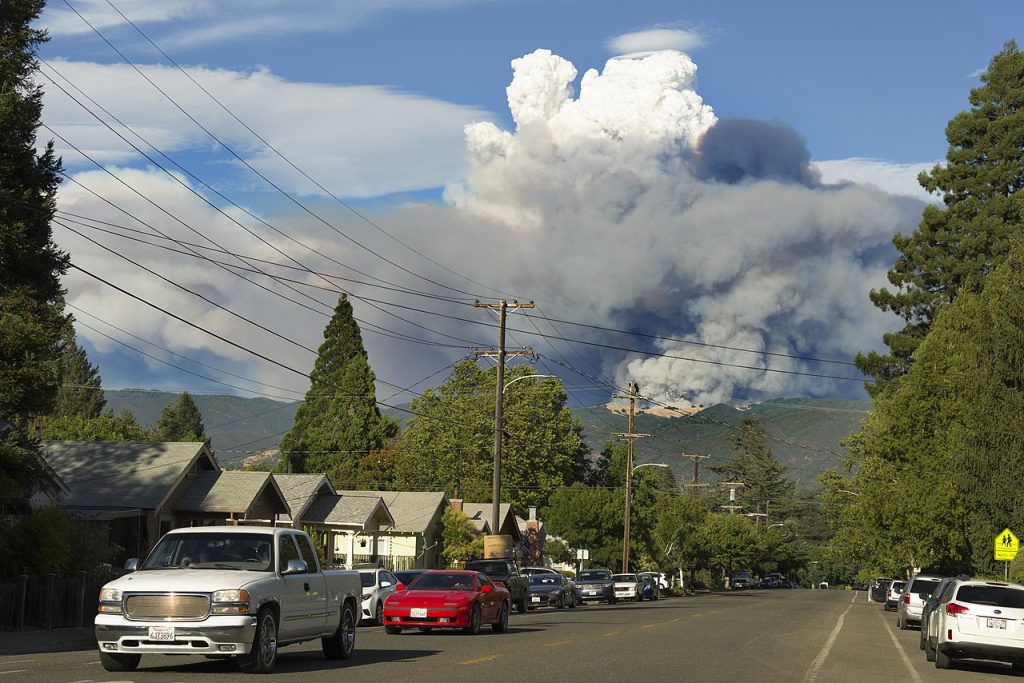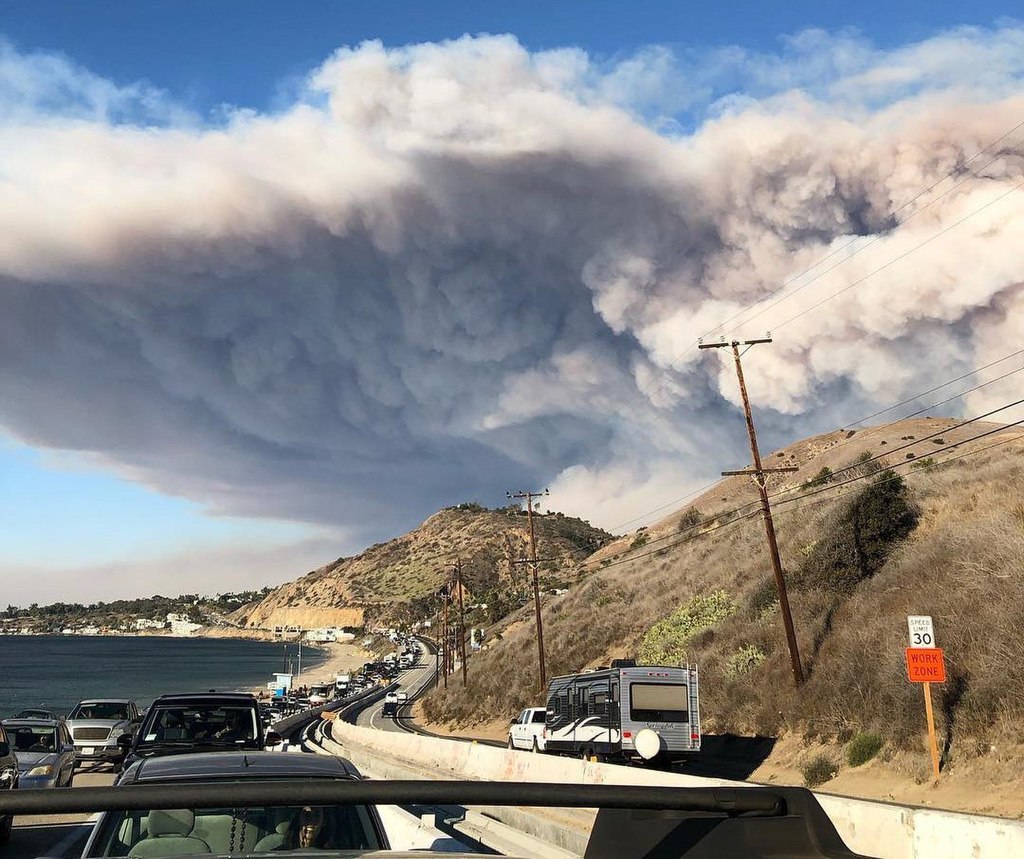State Farm, California’s leading insurance provider, recently declared its decision to discontinue insurance policies for roughly 72,000 homes and apartments across the state, starting this summer. This move follows the company’s announcement in March, where it disclosed plans to terminate coverage for approximately 30,000 homes and 42,000 apartments. Reasons cited for these policy cancellations include escalating costs, heightened risks of disasters like wildfires, and outdated insurance regulations.

The insurance giant clarified that these policy expirations would unfold gradually, spanning until 2025. Homeowner, rental dwelling, and business owner policies would begin expiring on July 3, while commercial apartment policies would follow suit on August 20. State Farm attributed this decision to the ongoing financial strain caused by inflation, increased catastrophe exposure, rising reinsurance costs, and the constraints posed by antiquated insurance regulations.

The company underscored its commitment to maintaining adequate claims-paying capacity and complying with financial solvency laws. Notably, this development emerges nine months after State Farm declared its cessation of issuing new business and personal property and casualty insurance policies in California, signaling its perceived inability to sustain profitability in the state.

The cancellation of coverage raises concerns among homeowners and apartment dwellers, compelling them to seek alternative policies, potentially at higher costs or with reduced coverage. Although affected individuals can resort to the Fair Access to Insurance Requirements plan—a state-managed private insurance program designed for high-risk customers—such options often entail increased expenses and limited coverage compared to standard policies.

As insurance companies increasingly withdraw from or curtail coverage in California due to heightened disaster risks, homeowners might find themselves with limited alternatives. Notably, the number of FAIR plan policyholders has doubled in the last five years, reflecting the growing challenges faced by residents in securing adequate coverage.

The escalating threat of natural disasters, exacerbated by climate change, has prompted insurance companies in other vulnerable states, such as Florida, to follow suit. Moreover, premium hikes by private insurers in disaster-prone regions further compound the financial burdens on homeowners already grappling with high living costs.

Efforts are underway to address these challenges, with California’s elected insurance commissioner spearheading reforms to overhaul the state’s home insurance regulations. The aim is to enhance choices beyond the FAIR Plan, ensuring broader accessibility to comprehensive insurance options for Californians. Deputy Commissioner Michael Soller emphasized that these regulatory changes are essential for stabilizing the insurance market and safeguarding consumer interests.





